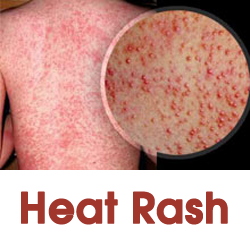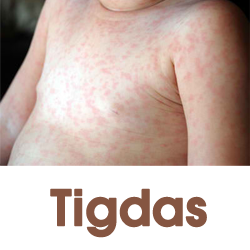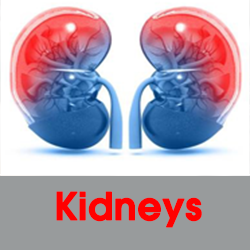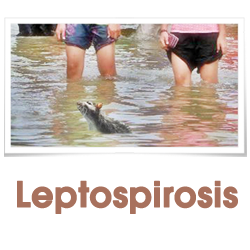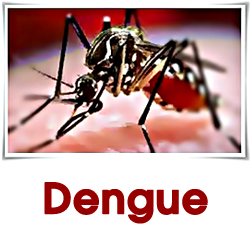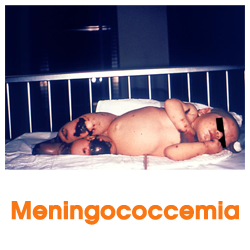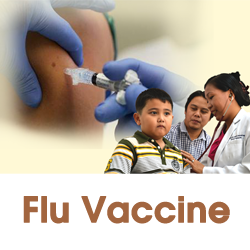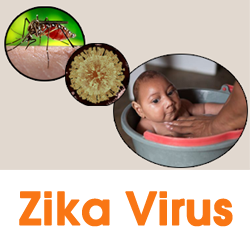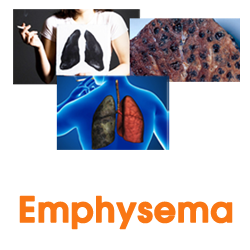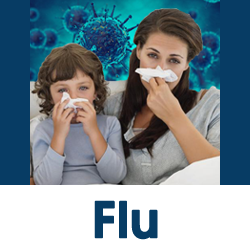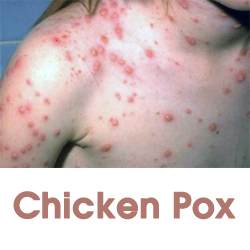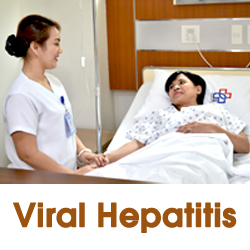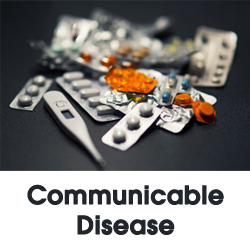Health Tips!
Ebola
by: Elmer Palomata, MD, RN, DPCOM—AVP for Provider Relations and Claims Administration
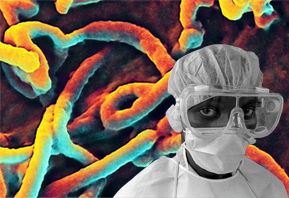
When Ebola comes to mind, a frightening scene of isolated communities, health workers in full protective gear, victims bleeding out of their eyes, and uptight governments might run through your head. Indeed, the deadly Ebola Virus Disease creates so much fear that the World Health Organization declared it as a public health emergency of international concern. The 50% average fatality rate and the more than 1,200 deaths from the West Africa outbreak say it all.
EVD is a severe, often fatal illness contracted thru close physical contact with virus-filled bodily fluids of infected people. These secretions include stool, urine, blood, semen, sweat, saliva and vomitus. It cannot be spread through casual contact or breathing in the same air, although there are lonely speculations that viral particles may linger in tiny droplets in the air for some time.
The virus is also known to survive on dry surfaces for a few hours and on wet surfaces for several days at room temperature. One gets to be infected if the particles find an entry point in the body such as a cut or scrape, or if a person touches his or her nose, mouth, or eyes with fluids that contain them.
Anytime between 2 to 21 days post exposure, an infected person may already start complaining of non-specific flu-like symptoms, making it a little tough to distinguish from malaria, meningitis, typhoid fever and other illnesses. The quick, violent progression starts with a sudden onset of fever, headache, stomach and muscle pain, weakness, rash, sore throat, diarrhea, vomiting or difficulty of breathing. Note, however, that patients are not contagious until after they start manifesting symptoms.
As the virus spreads through the body, it damages the immune system and leads to severe, uncontrollable bleeding. This bleeding is not the mortal culprit; it is the drastic decline in blood pressure that is, so drastic that the heart, kidneys, liver and other organs begin to fail.
There are neither specific cures nor vaccines for Ebola, but two preparations are undergoing evaluation. Intensive supportive management consists of hydrating the patient, maintaining their oxygen status and blood pressure and treating them for any complicating infections. Anybody who is suspected to have the disease should be reported and encouraged to seek appropriate medical attention in the nearest health care facility without delay.
Standard precautions should always be employed when caring for patients, regardless of their presumed diagnosis. Frequent and thorough hand washing with soap and water or the use of 60% alcohol-based sanitizer are good general hand hygiene precautions protective against a horde of infectious agents, but a more stringent measure should be employed against Ebola. Other measures include respiratory hygiene, use of personal protective equipment, safe injection practices and safe burial practices.
The Department Of Health has set up emergency hotlines at 711-1001 to 02.



